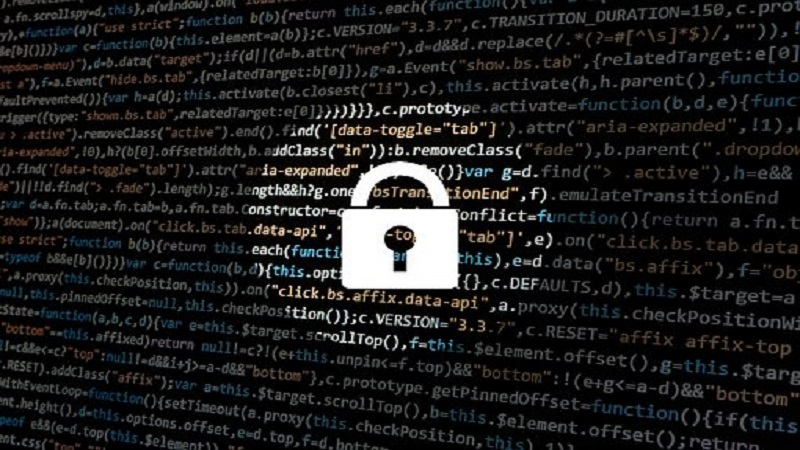
Identity theft refers to any type of scam, crime, or deception that culminates in personal data loss and that may include loss of passwords, usernames, credit card numbers, banking information, health IDs and Social Security Numbers, that are used for committing fraud and some other crimes without your knowledge or permission.
As per Money.usnews.com, even though not all frauds could be categorized as identity theft, we know that identity theft is pretty common and it was supposed to be the third most frequently lodged complaint in 2018 to the FTC. Identity theft would occur in the event an individual uses your personal information for opening new financial accounts, making fraudulent medical claims, or even filing tax returns.
According to FTC, as many as 9 million people in the U.S.A. have become victims of identity theft and around 534 million personal records seem to have been compromised via attacks on government bodies, business databases, organizations, and institutions since 2005. As far as, certain consumers are concerned, identity theft seems to be a highly irritating and exasperating inconvenience that could be resolved and restored quickly by them. For some others, it may take thousands of dollars and several months to recover their identity. Identity theft could prove to be quite damaging and disastrous for your reputation because you could be losing job opportunities. We know that identity theft could lead to phenomenal damage to your reputation and could trigger rejection of all your loan applications for homes, schools, or cars.
Shredding is the Mantra
You must give top priority to your identity protection. Do not ever get into the habit of discarding or recycling bills, bank statements, or any documents that contain any of your personal information. You must focus on investing in a perfect home document shredder. Whenever in doubt, use the shredder to destroy the documents containing your personal info.
Keep Your Important Documents Secured
It is not necessary to have access to all your important documents all the time. Documents such as tax returns, birth certificates, social security cards, etc. could be kept safely in a home safe that is robust and fire-proof. A home safe is a far better option as compared to the safe-deposit box in your bank. You know that bank locker contents are not usually, insured and often banks are in the habit of drilling out boxes and removing their contents without intimation whatsoever.
Fortify Your Passwords
The fact remains that any breach of security or fraud at any website could reveal all your login credentials to the cybercriminals. However, you could think in terms of mitigating the damage by utilizing a different fortified password for each and every secure platform. You may avail the services of a good password manager for keeping all of them straight.
Do Not Give Away Personal Information Without Proper Investigation
You are often required to provide important private information and details while acquiring an insurance account or a mortgage. When a firm gets in touch with you looking for important but relevant personal information via email, snail-mail, or even telephone; zip up your lips. Do not part with any sensitive data without examining the legitimacy of the firm. Once you have done a meticulous background check, you may ask those people how to get in touch with them. When you are fully convinced that the information they are looking for is absolutely necessary, you could part with the information to a legitimate company.
Conclusion: Keep Your Phone Locked

An identity thief would be delighted to catch hold of your smartphone. Your phone has your IM, email, social media, and many other apps mostly available and logged in. Your phone is supposed to be the hub of personal data and that may include your numerous contacts. You must make it a point to implement a robust authentication method for locking the phone. You must opt for biometric authentication like facial recognition or fingerprint backed by a really strong password.